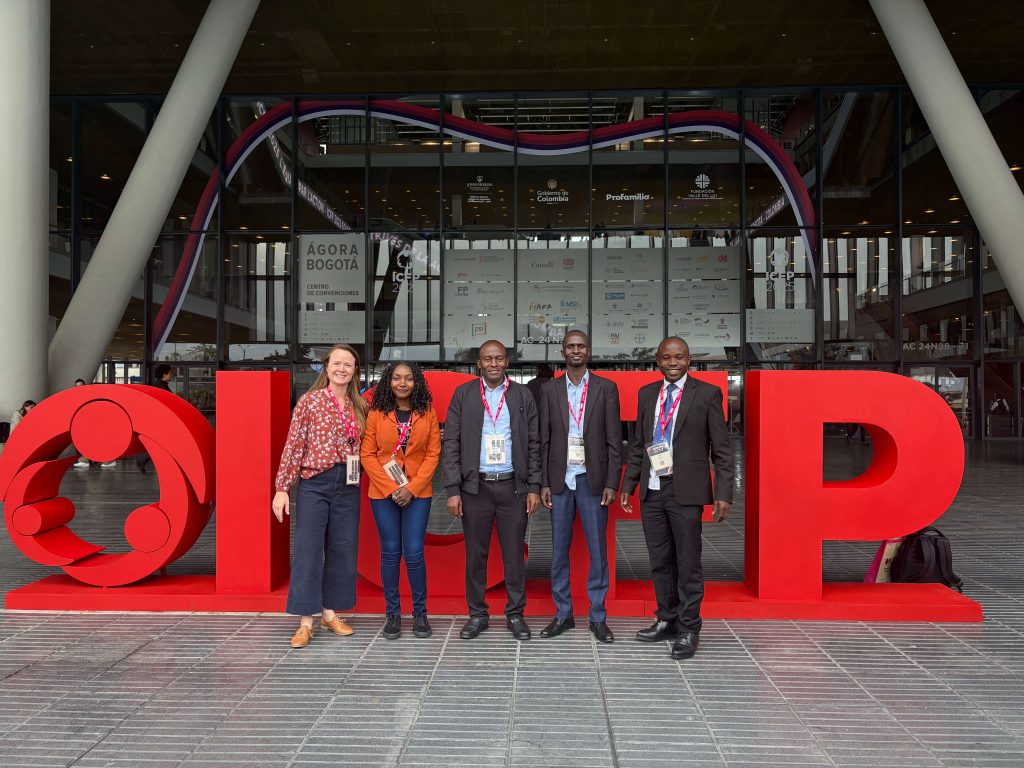I’ve seen how climate change makes people hungry – We must act now
by Yeb Sano
Typhoon Haiyan, the biggest storm to ever make landfall, devastated my homeland. Three days later I attended the opening of the UN climate change talks in Poland. With a deep sense of anxiety about the fate of my family and friends, I pleaded with delegates to recognize that vulnerable countries, such as the Philippines, cannot cope with the overwhelming impacts of climate change alone.
One of the most serious risks we face is escalating hunger. No civilization can flourish without food – many have perished with the crash of food and water systems.
Climate change means hunger
Climate change is already making people hungry. It will change what we all eat. Extreme weather events such as Typhoon Haiyan, unpredictable seasons, increasing temperatures, and rising sea levels are already causing chaos for farmers and fisherfolk. Food prices are going up. Food quality is going down. By 2050, 50 million more people – equivalent to the population of Spain – will be at risk of going hungry because of climate change.
Typhoon Haiyan devastated my country. Thousands of people perished and millions more lost their homes and livelihoods. My own family witnessed the storm up close. Today, millions of my people live in damaged homes and continue to rely on emergency relief to survive. The overall losses in the agriculture sector could come close to $1 billion.
But the story doesn’t end there. The prospect of a serious global food crisis looms because of climate change. And it’s the world’s poorest and most food insecure countries that are least prepared and most at risk.
So what can we do?
We need urgent support to stop millions more people from going hungry in the next two decades as a result of climate change. This need not break the bank. Poor countries’ adaptation needs are estimated to be around $100 billion a year – equivalent to just 5% of the wealth of the 100 richest people in the world.
We also need urgent and ambitious emissions reductions to avoid a runaway global food crisis that could have grave repercussions for our children. Our gluttony for dirty energy stands in the way of a global solution to the problem of climate change and food. We must end this fossil-fuels gluttony.
Worldwide, people are already fighting climate change. But too few governments and big businesses are taking the threat seriously enough. We must act together to pressure them, and make changes in our own lives, to stop climate change making people hungry.
You may also like
- Oxfam’s Report, Hot and Hungry – How to stop climate change derailing the fight against hunger
- Read the blog – Why the system for managing the world’s food and climate needs to be more like my car
- Together, we can win the fight against hunger – Join us
Yeb Sano is Philippines Climate Change Commissioner.
This blog was originally published at blogs.oxfam.org

